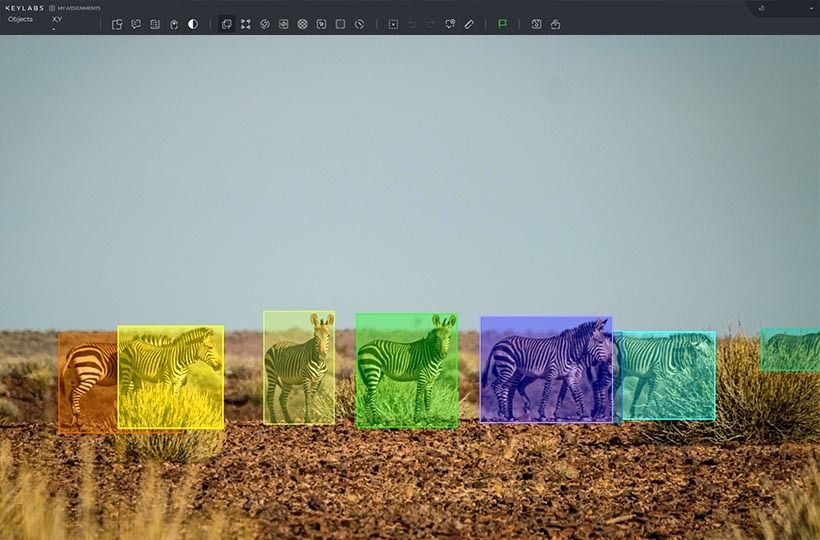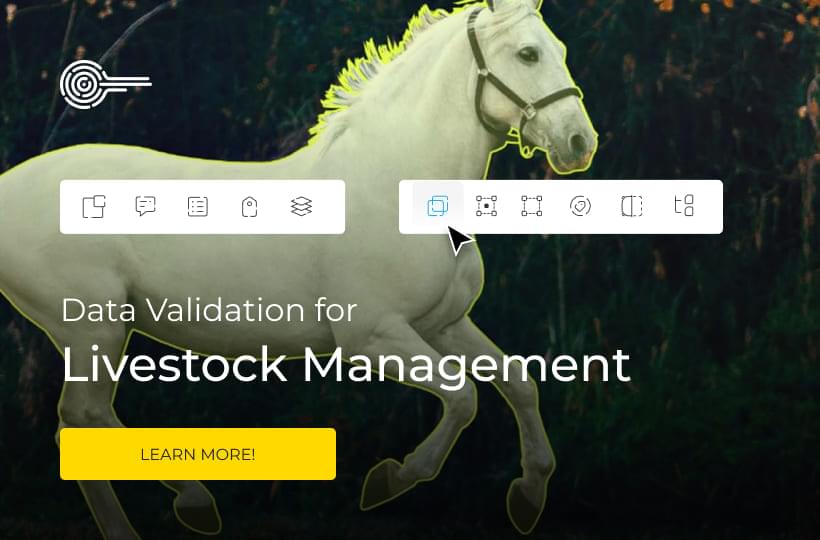Adhering to Open Data Standards: Ensuring Interoperability
Open data standards create a common language for systems to communicate, making sharing and understanding data easier. These standards help businesses and institutions thrive and become more efficient.
Data interoperability is essential for modern businesses, allowing organizations to access information from multiple data sources. Industries such as healthcare and finance depend on interoperable systems to drive growth and make informed decisions.
Quick Take
- Open dataset standards improve data exchange between systems.
- Interoperability is essential for innovation and decision-making.
- Standardization saves money and increases efficiency.

Understanding Open Dataset Standards
Open dataset standards are rules and formats that ensure consistent data collection, description, storage, and exchange. They also ensure interoperability between different systems and data reuse.
Key principles of open data:
- Accessibility. Data should be accessible and easy to use.
- Reusability. Others should be able to use the data.
- Machine-readability. Data formats should be compatible with different software.
Benefits for organizations
- Better collaboration across sectors.
- Higher data quality through standardization.
- Innovation potential.
- Reduced data management costs.
Historical context of open data standards
- In the 1990s, the spread of the Internet increased the need for open access to scientific data, especially in climatology, biomedicine, and geography. The first initiatives for open archives (for example, arXiv) appeared.
- In the 2000s, governments and international organizations launched open data portals. At the same time, the first metadata standards, Dublin Core and ISO 19115 (geodata), appeared, which became examples for describing datasets.
- In the 2010s, the movement for the FAIR principles (Findable, Accessible, Interoperable, Reusable) intensified, which became the basis for modern standards. Open formats and protocols support automated data processing and exchange.
- Due to the development of AI, machine learning, and big data in 2020–2025, specialized standards will be formed. Ethical and legal aspects such as data quality control, anonymization, and legal compliance will become important.
Standards and Frameworks
Open standards and dataset formats help achieve data interoperability across organizations. Various frameworks guide the creation and management of open datasets. They promote consistency and accessibility.
Compatibility Issues
- Technical Barriers. The healthcare industry faces challenges due to legacy infrastructure and incompatible systems. Electronic health record providers use proprietary software, which results in provider lock-in and limited data sharing. This isolates data, making it difficult to share patient information.
- Data Format Issues. Incompatible data formats are a barrier to interoperability. Data may be presented in legacy or less widely used formats, making it difficult to automate processing and integration.
- Governance and Compliance. Regulatory complexities, such as HIPAA compliance, reduce companies' data exchange quality. Maintaining data availability while preserving user privacy is essential. Many users distrust companies due to poor protection of personal information.
Implementation Strategies
First, assess your existing data practices. This will help identify gaps and areas for improvement. A thorough review will identify inconsistencies in dataset formats and identify opportunities for standardization.
A comprehensive data management plan helps implement open standards. This plan includes procedures for data collection, storage, and exchange. It should also address standardizing dataset formats and ensuring adherence to open data principles.
Engaging stakeholders early in the process helps to achieve better adoption and use of open data.
- Educate stakeholders about the benefits of open standards.
- Involve team members in the implementation process.
- Collect feedback after the issue is resolved.

Tools and Technologies
Various tools and technologies are needed to implement open data standards and improve interoperability. These help with data management and seamless exchange between systems.
Measuring Quality and Impact
KPIs for open data initiatives include:
- Data quality metrics (completeness, accuracy, consistency).
- Time to activate data products.
- User engagement levels.
- Customer support request volume.
- User engagement levels.
Monitoring user interactions with open data sets provides information on:
- End-user segmentation.
- Satisfaction ratings.
- Trust, quality, and usability ratings.
- Assessment of social and economic impact.
Measuring the value of open data is challenging. More sophisticated measurement approaches are required to reap the benefits of open dataset standards and interoperability.
Future trends in open data
Integration of artificial intelligence and machine learning. Open data will be used to train AI and ML models to create accurate predictions and automated systems that analyze large amounts of data in real time.
Automation of data collection and processing. Data collection and processing advances using automated tools will simplify processes and provide rapid access to large and diverse data sets.
Open data policies and standards. The increased volume of open data requires clearer standards and regulations to ensure security, ethical use, and interoperability between data repositories.
Ensuring data privacy and security. The growing volume of open data creates security issues. Therefore, the focus will be developing methods to protect sensitive information, including anonymization and encryption.
Accessibility and inclusivity. Ensuring access to open data for all population segments will become important. This includes developing interfaces that will make it easier for users with different levels of technical training to interact with data.
FAQ
What are open dataset standards?
Open dataset standards are rules and recommendations that ensure the accessibility, compatibility, and understandability of data for widespread use.
Why are open dataset standards important to organizations?
Open dataset standards ensure the consistency, accessibility, and compatibility of data, enabling organizations to share information and collaborate.
What are the principles of open data?
Accessibility, reusability, machine-readability, and transparency.
What challenges do organizations face when implementing open dataset standards?
Organizations face technical barriers, such as incompatible systems and legacy infrastructure. Addressing these requires careful planning and a commitment to standardization.
How do you measure the success of open data initiatives?
Using performance indicators (KPIs) for standards implementation and compatibility. User engagement and socio-economic impact metrics measure outcomes, such as innovation and policy improvements.
What tools support the implementation of open data standards?
Tools include open source data management software, data catalogs, and API tools for seamless data exchange. They improve visibility, accessibility, and interoperability.
